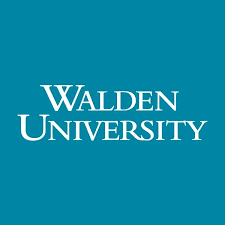
Digital Object Identifier
10.18870/hlrc.v12i2.1342
ORCID
0000-0002-2098-388X
Abstract
Objectives: Research almost always culminates in the communication of findings. Despite the necessity of grant and manuscript writing throughout academic careers, scientific trainees often receive little guided practice in written communication. To fill this gap, we designed, implemented, and evaluated a voluntary writing initiative for biomedical students at a research-intensive (R1) university in the midwestern United States called Writing Initiative in Neuroscience (WIN).
Method: WIN consisted of didactic and workshop components. The didactic component included discussions with topic-specific experts on writing grants and manuscripts for the public and for non-academic scientific careers. The workshop component consisted of small group-based peer review of participant writing samples. Student self-enrollment consistently filled all available seats over three separate cohorts, including those formed during the COVID-19 pandemic. Student self-assessments were implemented to determine improvements quantitatively and qualitatively in writing and peer-review across 3 years of WIN programming.
Results: Student self-assessment of writing skills before and after programming revealed improved scientific writing competency with medium or large effect sizes. Qualitative self-assessments indicated perceived improvements in writing competency and confidence. Collectively, students who participated in WIN improved their writing and communication skills and gained experience in providing and receiving feedback.
Conclusions: Ultimately, peer-led writing initiatives, such as WIN, may enhance scholarly training and lay a foundation for future trainee writing success across scientific disciplines.
Implications for Theory or Practice: These results support the utility of a student-centered writing workshop for biomedical students. Our study combined aspects of multiple existing resources, including peer feedback, interdisciplinary student backgrounds, and professional editing guidance. Together, these features formed a flexible and practical writing workshop, which can be used as a template for biomedical training programs.
Recommended Citation
Gumusoglu, S. B.,
Noterman Soulinthavong, M.,
&
Barr, J.
(2022).
A WINning Approach: Teaching Science Communication Skills through Small-Group Workshops.
Higher Learning Research Communications, 12 (2).
DOI:10.18870/hlrc.v12i2.1342
Included in
Curriculum and Instruction Commons, Educational Assessment, Evaluation, and Research Commons, Educational Methods Commons, Medicine and Health Sciences Commons, Other Life Sciences Commons, Scholarship of Teaching and Learning Commons






